Loot boxes are bad, but new legislation could be worse
As players get angrier, lawmakers are taking notice. Is that really what we want?
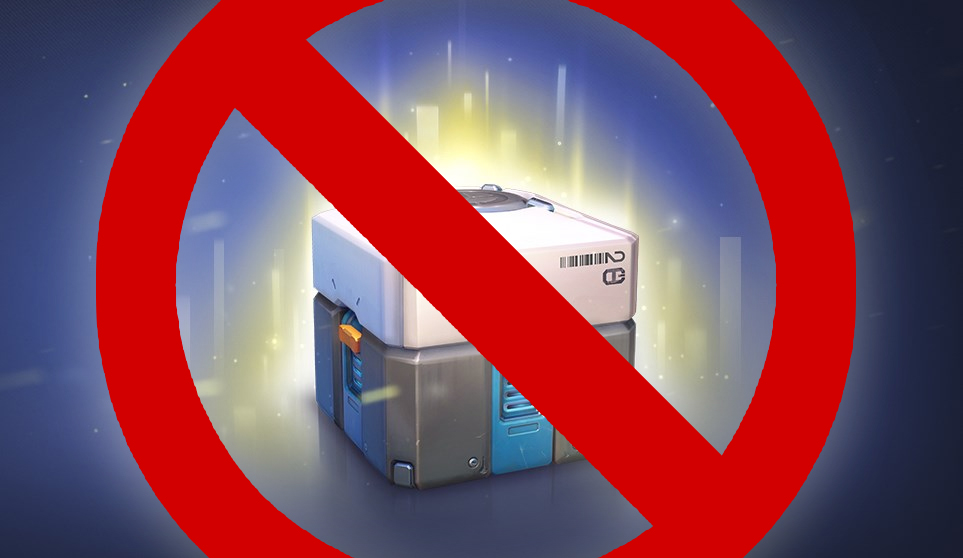
Loot boxes, which burst open to reveal randomized rewards in games, don't exist because they're good for game design. They exist because the industry wondered: how do we charge each player the maximum amount they're willing to spend for as long as we can keep them spending? The answer already existed in a model proven successful decades ago by baseball and Magic: The Gathering cards.
In his 2013 book, Uncertainty in Games, Greg Costikyan describes the success of Magic's card packs: "...When you purchase and open a booster pack, you are always uncertain what you will obtain—and may experience delight at finding a new card that works well with others you have, or disappointment at receiving cards that duplicate ones you already have, or worse, quintuplicate them—meaning you already have the maximum of this card you can use in a single deck. This is, of course, one reason Magic's business model is so effective: there's always a temptation to buy more cards, and players can be induced, in essence, to spend the maximum amount they are comfortable spending on their game, whether that be a few dollars or a few thousand."
Like Magic packs, loot boxes turn the experience of getting stuff, rather than the stuff itself, into what's for sale, and encourage us to keep chasing the delight of getting what we want. They 'work' because they offer an uncertain outcome, and uncertainty is a component of good games, whether it results in a botched saving throw in D&D or a lucky bounce in Rocket League. A box which may or may not contain something rare is not sinful on its own—it's fun. It's adding money to the mix that's the problem.

I appreciate that Rocket League, CS:GO, Rainbow Six Siege, Overwatch, and other games only offer cosmetic items in loot boxes, and Overwatch in particular is fairly inoffensive as you can work toward skins without purchasing anything but the game. The way Star Wars Battlefront 2 implemented loot boxes, however, shows that the biggest companies are testing the waters: how much can we put in these things? An entire multiplayer shooter's library of upgrades? They tried.
When a progression system is wrapped up in loot boxes which can be purchased with real money, it isn't a fun progression system, practically by definition. If you've made something players can pay to skip, then you've made something worth paying to skip. With Battlefront 2's premium currency temporarily removed, this is hilariously obvious. There is currently no reason for Credits, the non-purchasable currency, to exist, as their only purpose is to abstract achievement so that it can be spent like the premium money, turning 'achievement' into 'grind,' a paycheck rather than a trophy. Not fun. Loot boxes are surely also why generic upgrades can't be applied to multiple classes, and why there's an overcomplicated crafting system—there had to be something to buy even after 20 hours of play. Also not fun.
Bad game design which transparently exists to encourage spending is frustrating, especially in a game that already costs $60. What may be worse, though, is that by pairing cash and games of chance, EA and other big publishers are endangering every developer by inviting the scrutiny of politicians.
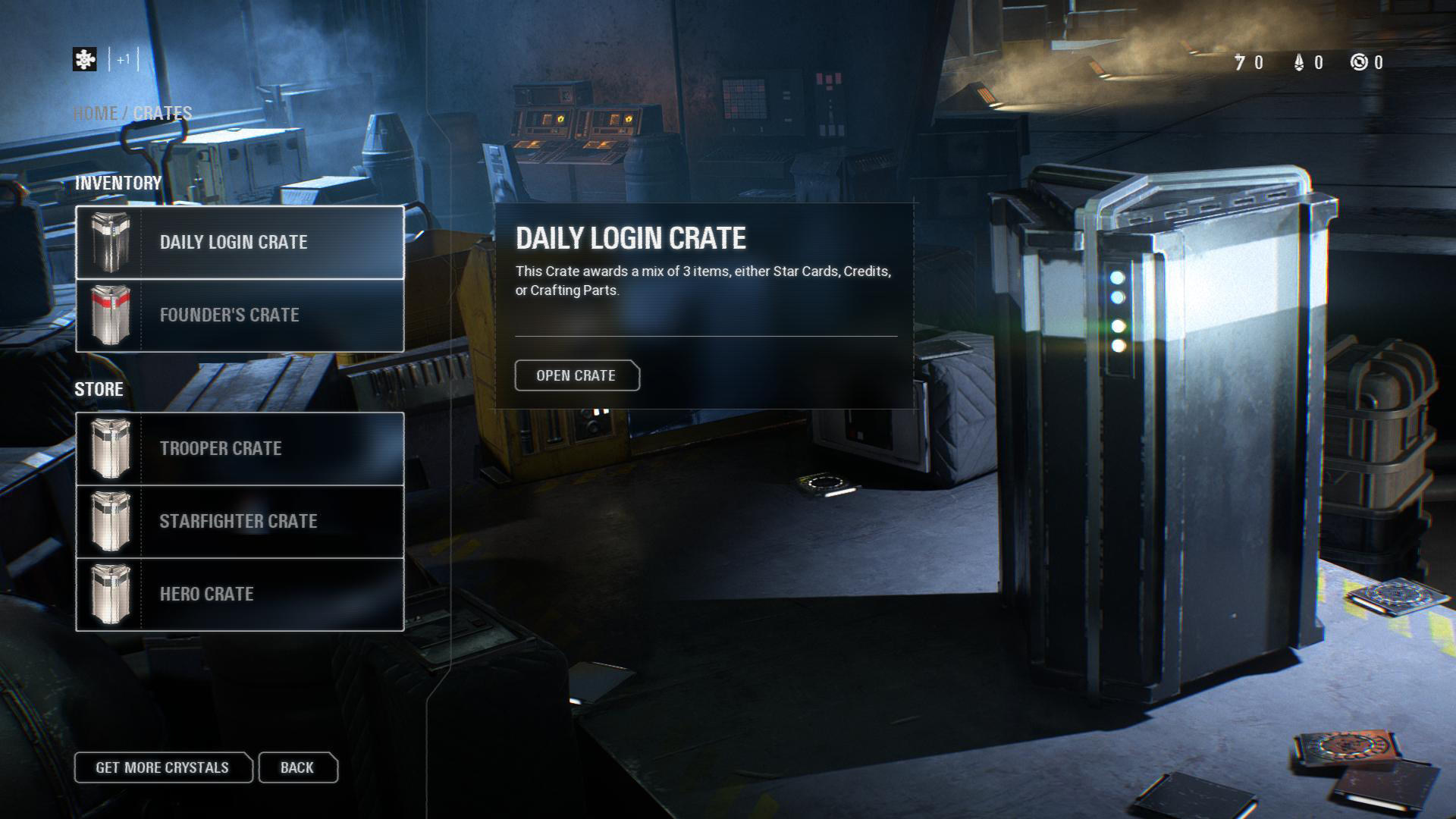
Are loot boxes gambling?
Buying loot boxes, like gambling in a casino, can potentially be addictive.
Buying loot boxes, like gambling in a casino, can potentially be addictive. "We know that the dopamine system, which is targeted by drugs of abuse, is also very interested in unpredictable rewards," said Dr. Luke Clark, director at the Center for Gambling Research at the University of British Columbia, in a recent interview with PC Gamer. "Dopamine cells are most active when there is maximum uncertainty, and the dopamine system responds more to an uncertain reward than the same reward delivered on a predictable basis."
Keep up to date with the most important stories and the best deals, as picked by the PC Gamer team.
Yet loot boxes are not legally considered gambling in the US and elsewhere, at least according to precedent. A series of 1996 lawsuits brought against baseball card manufacturers under the federal Racketeer Influenced and Corrupt Organizations Act claimed that limited-run "chase cards"—rare, valuable cards that might appear in a pack—constitute an illegal lottery. The suits were not successful. A similar suit against Nintendo in 1999, which claimed that Pokemon cards constituted gambling, was also dismissed.
Last year, The Washington State Gambling Commission ordered Valve to "take whatever actions are necessary" to put an end to third-party CS:GO skin gambling sites, where players could bet valuable gun skins on the outcomes of esports matches, among other things. The Gambling Commission did not, however, take aim at the practice of delivering skins randomly. It is seemingly legal to sell boxes—physical or digital—with unknown contents, some more valuable to collectors than others. It's a practice familiar to toy collectors, sometimes called 'blind boxes.'
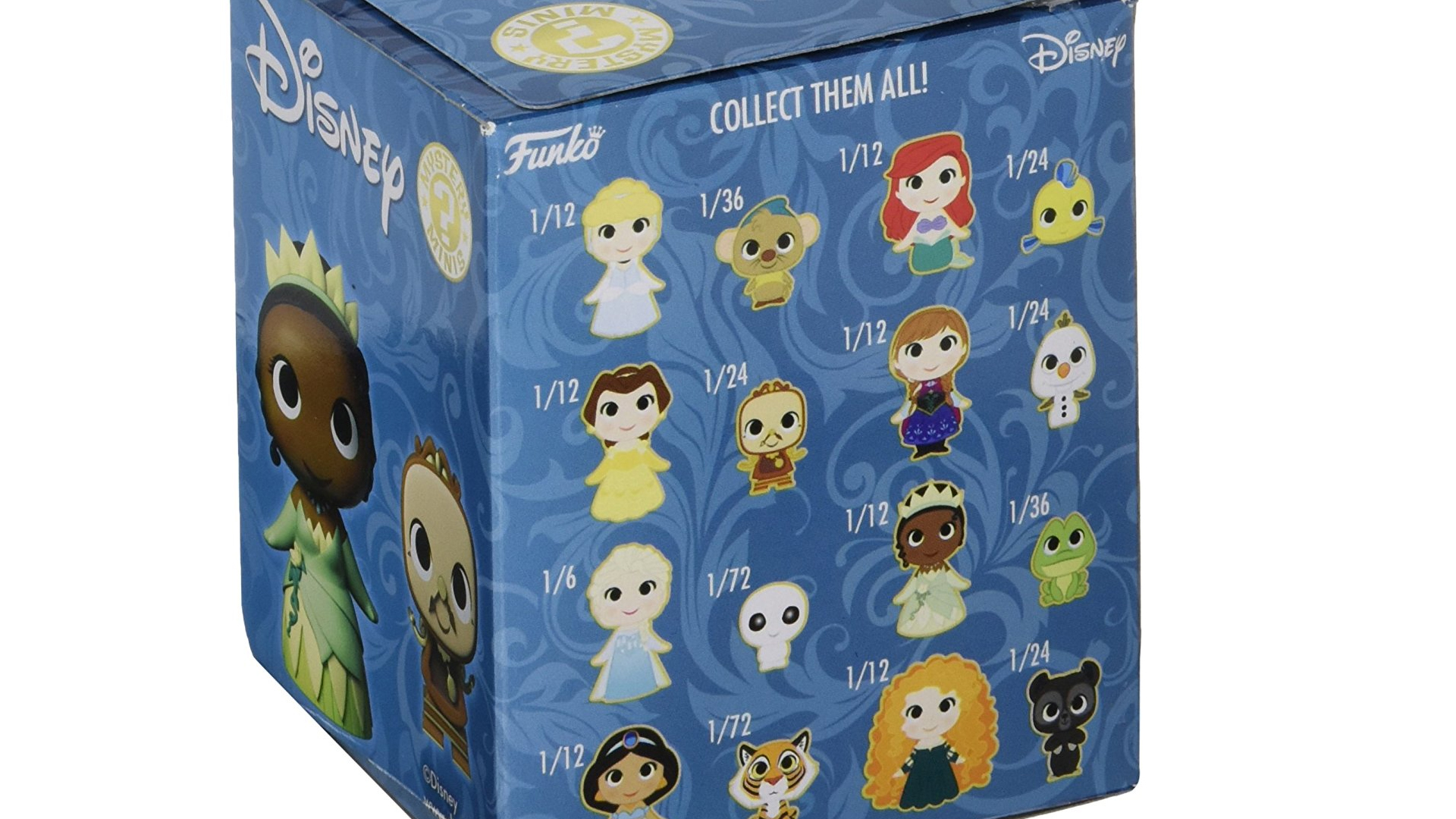
It's tempting to read recent anti-loot box statements from politicians as a win, but legislators getting involved in game design is uncomfortable.
What's the legal difference between loot boxes and roulette? Mainly, it's that in a casino I put down money hoping for it to return to me, whereas when I buy a key for a Rocket League crate I know the money is spent—the gamble is whether or not I'll be satisfied with my purchase. That is an important distinction. However, if the contents of a loot box can be sold for a cash profit, which most can be through sanctioned marketplaces or EULA-defying grey markets, the distinction blurs. Still, unlike gambling, your possible reward is never zero, and the in-game items can't be turned in to the publisher like gambling chips for cash. Their value entirely depends on the value collectors assign them. So, it's different, but is it different enough?
While the 1996 lawsuits against baseball card manufacturers alleged that it was not different enough and failed, that doesn't mean legislators will never successfully amend the law. It's unlikely to change, but it's still up for debate. Ebay's policy, for instance, plays it safe by requiring the contents of 'grab bags' to be listed in order to avoid sales which might constitute illegal lotteries in some states. In reality, though, I was easily able to find multiple listings for 'surprise boxes.' Whether they are or aren't lotteries by law is unclear. Do we want them to be?
Whether they are or aren't lotteries by law is unclear. Do we want them to be?
It's tempting to read recent anti-loot box statements from politicians as a win—we don't like loot boxes, and they're saying they'll get rid of them—but legislators getting involved in game design is concerning. A ban on charging for uncertain rewards would end Hearthstone, Magic: The Gathering, and all 'blind boxes' and 'grab bags' outright—you would not be able to buy anything without knowing its exact contents, or perhaps at least their value—and lawmakers wouldn't necessarily stop there. It could be just the in they need to form government-run ratings boards for games, which I oppose completely.
It's not far fetched. In 2005, US Senators Hillary Clinton, Joe Lieberman, Tim Johnson, and Evan Bayh sponsored the Family Entertainment Protection Act, which would have put the ESRB under federal observation and fined stores which sold Mature games to kids under 17. In 2012, Donald Trump tweeted that videogame violence "must be stopped." Nothing has come of these intentions to regulate the sale of games, but if certain game systems were deemed gambling, you can be sure that 'the danger to our kids' would become a standard talking point again.
Meanwhile, mobile games haven't needed the element of chance to succeed in selling premium currencies. The legality of Clash of Clans-like schemes (premium currencies that directly translate to boosts and bonuses and power) isn't in dispute. So, if loot boxes were declared illegal, we'd get a small victory in pushing game publishers away from design we don't like, but not necessarily toward design we do, at the expense of increasing government scrutiny which could harm small developers who have no part in this.
As much as I want to stick it to corporations, a legal solution is worrisome. And given the precedent, it's also unlikely to succeed. We're talking about defining Magic: The Gathering and baseball cards as illegal racketeering, an accusation they've weathered successfully for years.
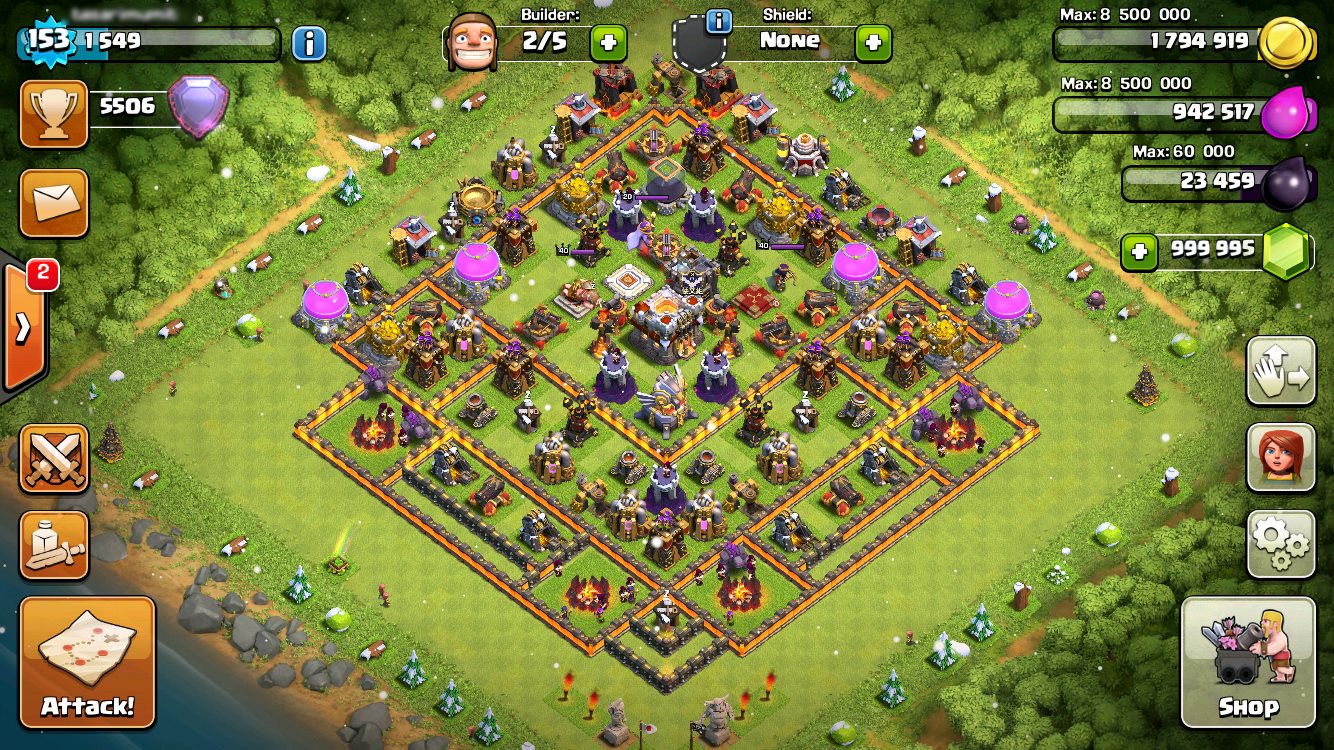
What to do
They botched one of their biggest launches of the year, ate a bunch of negative press, and could've avoided it all.
The dopamine rush described by Dr. Clark is real, and its easy to see how loot boxes could get children and people who are prone to addiction to overspend. For that and many other reasons, I'd love to get rid of them, if not by forcing indie game developers to submit their games to their state's gambling control board for inspection. Frustratingly, though, I doubt the catalyst for change will be reduced profits.
The truth is that loot boxes are fun to open. I've purchased keys for Rocket League crates—because I must have the coolest car—and spending $10 here and there hasn't left me with regrets. Many probably feel the same way, so I'm doubtful that 'vote with your wallet' is going to force meaningful change. When they're relatively inoffensive, people are going to keep buying loot boxes, and blaming individual players pointlessly sets us against each other, instead of the people actually responsible: exorbitantly-paid executives and board members.
All I can recommend for now is that we keep calling out obnoxious implementations of loot boxes. We may not like what we get when Battlefront 2's premium currency returns, but that EA removed it the day before launch shows that player criticism had a significant effect. They botched one of their biggest launches of the year, ate a bunch of negative press, and could've avoided it all. Whether they end up making money on Battlefront 2 anyway, or losing money, they may think twice about the nature of their in-game purchases next time.
Inside the industry, I don't expect any individual to risk their job by publicly criticizing their bosses—we recently spoke to insiders about loot boxes, and they all asked to remain anonymous—though I can't imagine the average game developer employee loves designing simulated slot machines. On that note, there's a lot of work to do on the industry that, while seemingly unrelated, would help. Namely, an end to reliance on temporary contractors, crunch, and high turnover, and reasonable profit expectations that don't require every game to pull in half-a-billion dollars per year in microtransactions.
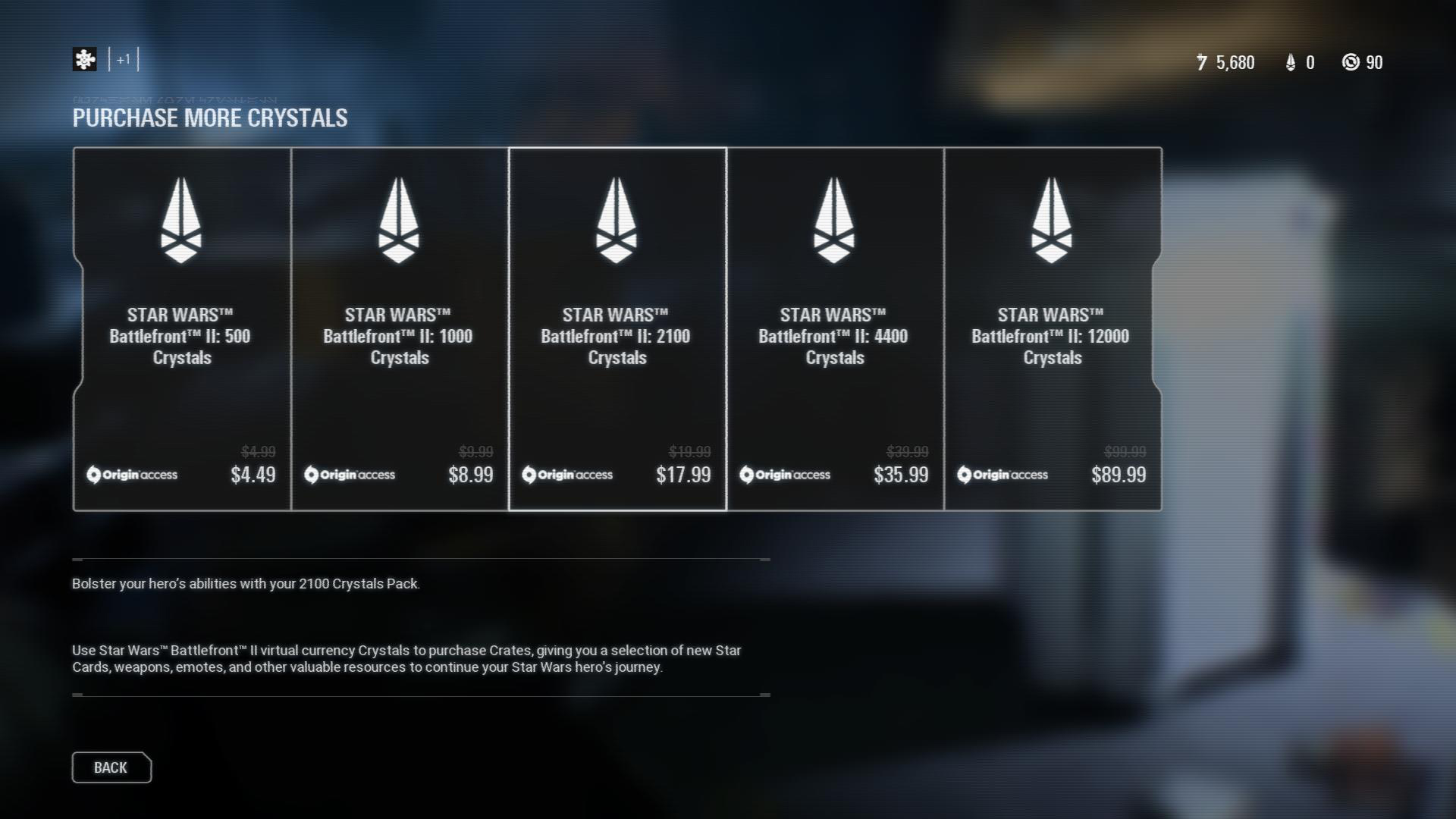
I do think it's understandable that publishers want to earn revenue from existing owners if they're providing a service. Servers cost money. But it feels pretty obvious that they've slowly been working toward something they knew we didn't want, hoping that if they turned up the heat gradually—first pre-order bonuses, then microtransactions, 'games as a service,' and finally cribbing the MTG model—we wouldn't notice that the system is designed to encourage overspending on items.
Of course we noticed, and so have legislators, reigniting the 'gambling for children' collectable card game debates from the '90s. Collectible card games managed to slip away from the controversy, but now that it's back, the games industry has to reckon with the ethics of how it applies game systems to monetization, as well as the way it produces games and the profits they're expected to make. If they don't back off, at least a little—say, by only putting cosmetic items in boxes and always providing an alternative way to get them—someone else might make a decision for them.

Tyler grew up in Silicon Valley during the '80s and '90s, playing games like Zork and Arkanoid on early PCs. He was later captivated by Myst, SimCity, Civilization, Command & Conquer, all the shooters they call "boomer shooters" now, and PS1 classic Bushido Blade (that's right: he had Bleem!). Tyler joined PC Gamer in 2011, and today he's focused on the site's news coverage. His hobbies include amateur boxing and adding to his 1,200-plus hours in Rocket League.

